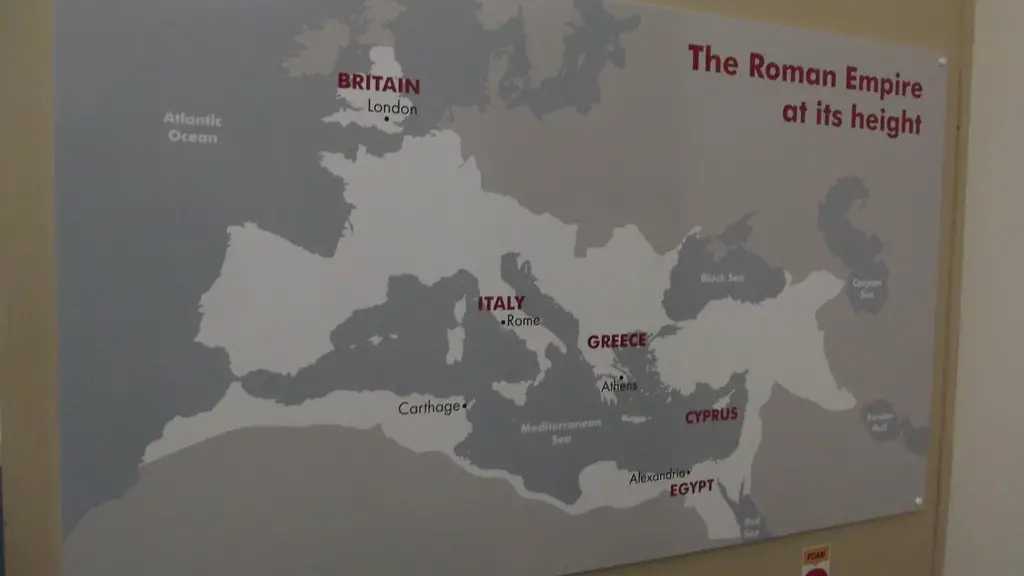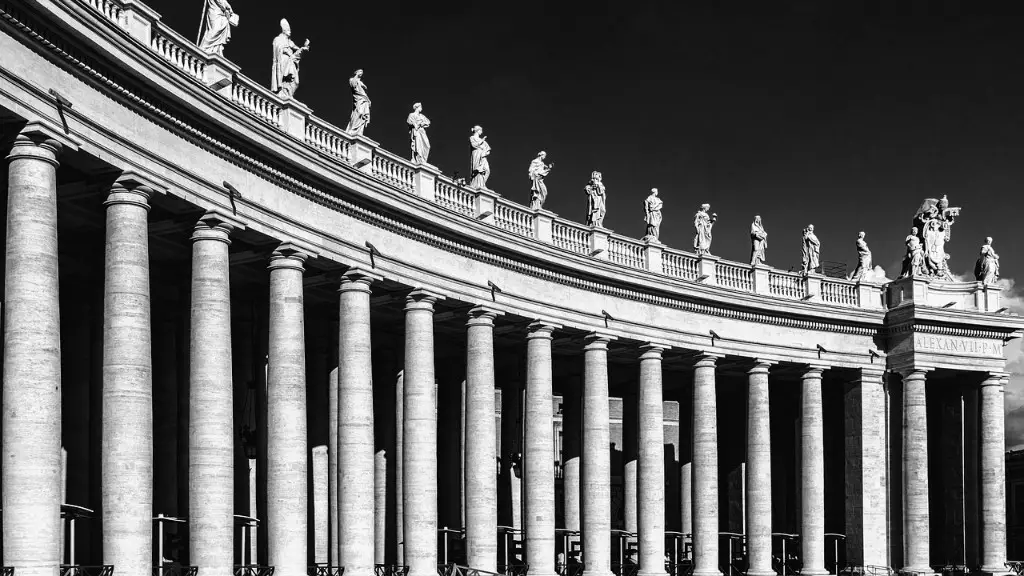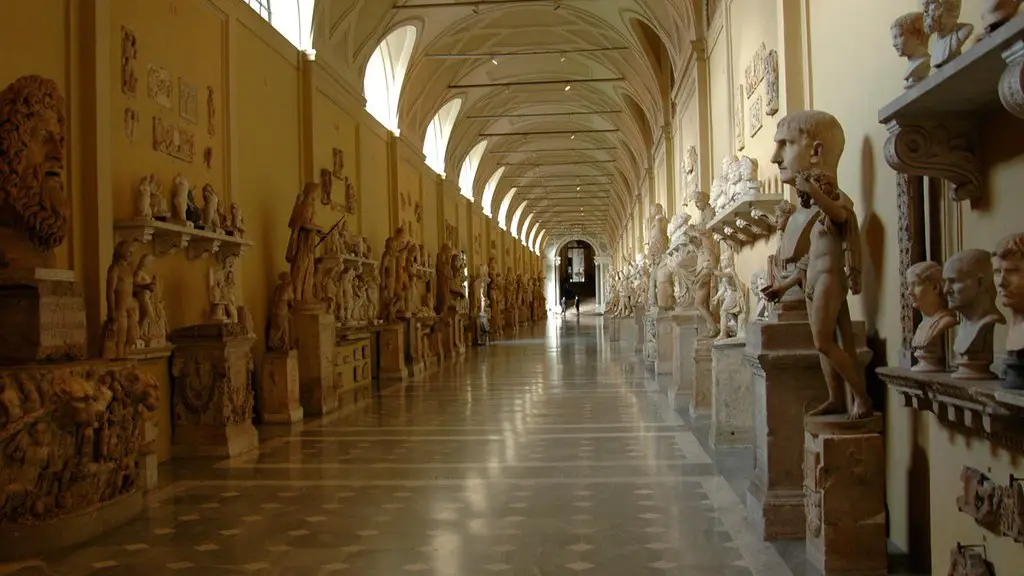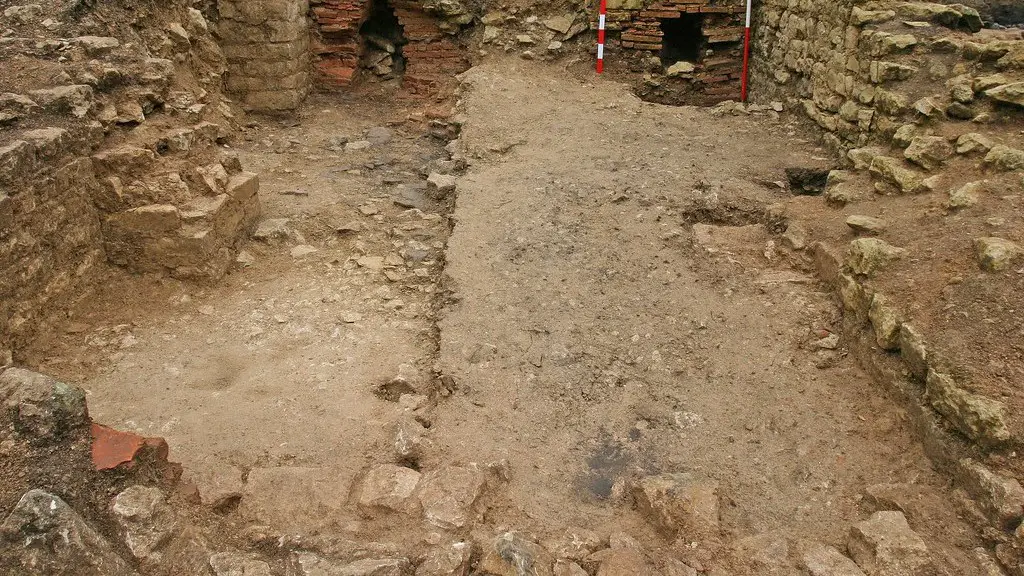Dictators in Ancient Rome
Dictators have been around since the very beginning of civilization – and the Roman Republic was no exception. This ancient superpower, which flourished from the 6th century BC to the 5th century AD, was characterized by powerful, sometimes all-powerful, individuals who were named dictators for a variety of reasons. Here, we’ll explore how and why these often-tyrannical leaders rose to power in ancient Rome, as well as their lasting influence on history and politics.
At the time of the Roman Republic, the magistrates, who were appointed by the people and managed state affairs, held a great deal of power. Among them, the Roman dictator was seen as the most significant – an extraordinary “supreme magistrate” with the authority to pass laws, command the military, and even override or suspend the Senate, the governing body that held a great deal of influence in Rome. The election of a dictator was highly symbolic because it showed the people’s trust and respect for the chosen individual’s leadership skills.
The most famous of these dictators was Julius Caesar, who assumed the title and stayed in power from 49 BC to 44 BC. He famously won multiple military victories and greatly expanded the borders of the Roman Empire. However, he was also widely criticised for expanding his power to such an unprecedented degree, with some accusing him of being a tyrant.
There is a long-standing debate among historians and political scientists about the role these dictators played in Roman society. Most experts agree that dictators had the power to alter the course of history, and the purpose of their posts was often to restore the order during times of crisis. For example, during the First Civil War, Rome’s Senate and ruling classes were in disarray, so a dictator was appointed to impose order until the crisis was resolved.
When it comes to their longer-term effects, opinions become divided. While some believe that dictators breathed life into Roman politics and created stability, others argue that their rule was ultimately damaging – not only was their domination deeply unpopular among the people, but it also encouraged further militarisation and ultimately paved the way for future imperial rule.
One thing is certain: these dictators have left a powerful legacy. The term ‘dictator’ is still used today to refer to oppressive or autocratic leaders, and the stories of the famous Roman dictators continue to teach us lessons in history, power and politics.
The Purpose of a Dictator in Roman Society
The role of the dictator was to act as a sort of crisis manager, stepping in to prevent chaos when the other magistrates or senators failed to act. This could involve anything from managing a famine to tackling a civil rebellion, and even in times of war the dictator was seen as the most effective leader to take the helm.
The appointment of a dictator was an extremely serious decision, however, and the rules were very clear: a dictator could only be appointed for six months at a time and a specific reason for his appointment had to be given. This decision necessarily involved a great deal of thought and consideration, showing how seriously the position – and its potential implications – were taken in Roman society.
The dictator’s power was also limited. He did not have the authority to vote or pass laws, and once his tenure was over he was expected to give up his power willingly and without complaint – Julius Caesar famously refused to do this, leading to his assassination in 44 BC.
Overall, it seems that the role of the Roman dictator was to act as a leader in times of crisis, helping to keep the Republic in order by restoring a sense of balance and harmony.
Famous Dictators in Ancient Rome
The most famous dictators of the Roman Republic were Sulla, Pompey and Julius Caesar. All three were highly successful generals and held a great deal of influence in Roman society. Here’s a brief overview of their individual stories.
Lucius Cornelius Sulla was appointed dictator in 81 BC and successfully suppressed a slave rebellion before resigning in 79 BC. His reign is known for his ruthless approach and his mass execution of political opponents.
Gnaeus Pompey began his dictatorship in 52 BC and was the only Roman ever to have three provinces assigned to him. He was later defeated in 48 BC by Julius Caesar, his political nemesis, in the Battle of Pharsalus.
Finally, Julius Caesar is the most famous Roman dictator of all. He infamously crossed the Rubicon river with his army in 49 BC and declared himself dictator for life in 44 BC, a decision that ultimately led to his assassination at the hands of stabbed by the Roman Senate the following year.
The Influence of Dictators on Roman Politics and Culture
The legacy of the Roman dictators can still be felt today, from the language we use to describe rulers to the lessons we learn from theirstories. They also helped to shape Rome’s political system and culture, enabling the Republic to achieve internal stability and expansion.
For example, it was Julius Caesar’s military conquests across Europe and into Britain that made the Roman Empire possible. His reign also created a stronger centralized government and helped to create the blueprint for what came to define Roman politics – Machiavellianism, which supported indirect means of power like secret influence and manipulation.
The dictators also had a lasting influence on Roman culture. Julius Caesar famously introduced the Julian Calendar, which established the 12-month solar cycle still used today. Additionally, his reign sparked a multitude of artistic creations ranging from plays and paintings to architectural designs and sculptures.
The Dictator Debate: Benefits or Dangers?
The idea of a dictator ruling over a Republic still divides opinion today – some argue that dictators have the potential to stabilise a society and bring important reforms, while others point out that they often undermine public liberty and lead to even greater oppression.
When it comes to Rome itself, the debate rages on. On one hand, scholars argue that the dictators were necessary for the Republic’s success, helping to bring balance and order to a chaotic system. On the other hand, opponents of these rulers argue that their actions paved the way for imperial rule, which ultimately led to the end of the Republic.
Whatever one’s opinion, it’s clear that the actions of the Roman dictators were of great importance and had a lasting influence on the Republic and the wider world.
The Long-Term Effects of Dictatorship in Ancient Rome
The long-term effects of dictatorship in the Roman Republic are still being studied today. While some argue that dictators brought stability and enabled the Republic to conquer new lands, others point out the dangers, such as the increasing militarisation and oppressive power structures.
That said, dictatorship in ancient Rome did have some positive effects. For instance, the authoritarian rule of Julius Caesar enabled the Senate and its powers to be reasserted, creating a stronger government structure and a less divided society.
At the same time, it also led to further expansion, with the Republic’s borders stretching to Germany and Britain. This period of growth and prosperity were hugely beneficial for the population, but it also created more political instability, culminating in the transition from the Roman Republic to the Roman Empire.
Contemporary Relevance of Roman Dictatorship
The Roman dictators are still remembered today, and their legacies remain influential in the modern world. The idea of a ruler with near-unlimited power is still very much alive, and the actions of dictators like Julius Caesar are often used to illustrate the dangers of autocratic rule.
These dictators also had a strong influence on the development of modern political systems. The machiavellianism that emerged during Julius Caesar’s reign influenced many of the political philosophies in use today, and their strategies of power are still studied in political science courses around the world.
Finally, the Roman dictators have been used to make important points about the value of democracy. While the Republic was ultimately taken over by imperial rule, its strong focus on democracy and voter participation is still seen as a source of inspiration in today’s society.





